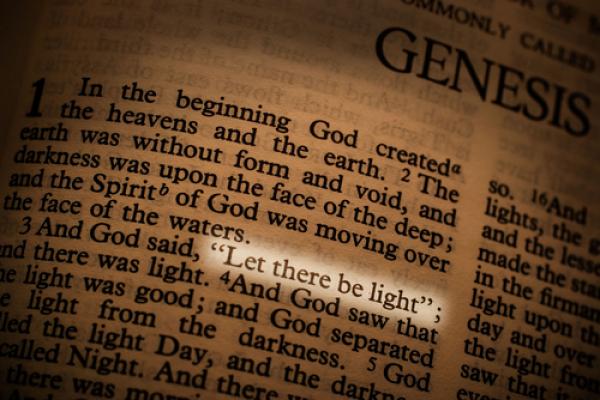If you perused some of the headlines coming out of Slate the past couple weeks, you’ll find that, not only are Texas schools teaching creationism , schools all over the country are teaching creationism , and — even as we speak — lawmakers in South Dakota and elsewhere are introducing legislation that will let their schools teach creationism.
Such news leads me to one of two conclusions: Either the proponents of teaching creationism — a viewpoint I thought it was ruled unconstitutional by the Supreme Court in 1987 — have been very busy lately, or what passes for “creationism” in the eyes of the mainstream media these days has become pretty fuzzy.
I lean toward the latter.
Look, I’m a writer and a journalist, too. I get it. I understand the desire for a sexy, emotionally heavy word that “seems” to describe the given topic and will — of course — generates millions of clicks from the churning, polarized body politic that powers the Interwebs.
But this willy-nilly misapplication of the terms “creationist” and “creationism” simply has got to stop, and here’s why.
Read the Full Article

